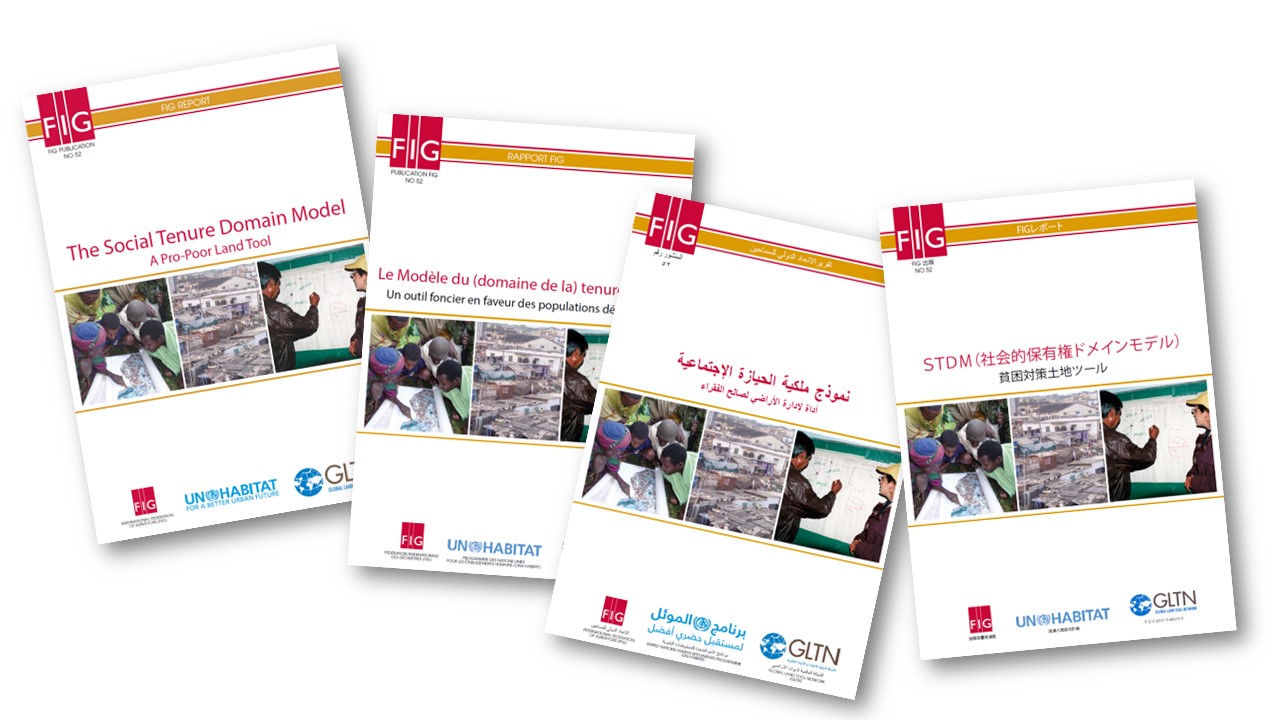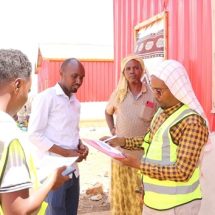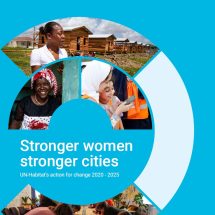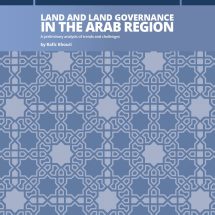The Social Tenure Domain Model (STDM) is a pro-poor, gender responsive and participatory land information system. After many years of grappling with land registration initiatives at great costs to citizens, most developing countries are still unable to bridge the gap between formally registered land ownership units and those that are not registered or unaccounted for.
The limited success in achieving increased cadastral coverage shows that, about 70 per cent of land ownership units in developing countries are not formally registered. This situation adversely affects individuals, families and communities who are on this unregistered land and, in most cases, these are poor and disadvantaged communities whose aspirations to improve their living conditions or movement on the property ladder are not addressed.
The tenure insecurity experienced by communities in informal settlements and owners of unregistered properties is illustrated by forced evictions, land grabbing by elites or farming investors, inadequate compensation when it is considered, and a lack or poor urban service delivery, etc.
The STDM approach was developed over several years by GLTN and FIG (through the FIG Young Surveyors) and other partners to bridge the gap between formally registered land and land that is not registered. Through the FIG Network, the STDM is now available in English, Arabic, French and Japanese (download below)
Principal Author: Christiaan Lemmen
- English- 2013 : Editors: Harry Uitermark and Christiaan Lemmen
- Arabic – 2015 : Translation : GLTN, reviewed by Saad Kholoud
- French – 2017 : Translation: GLTN, reviewed by Claire Galpin,
- Japanese -2017 : Translation: Kazuaki Fujii, Japan Federation of Land and House Investigators’ Association, (JFLHIA) Research Institute and confirmed with Japan Federation of Surveyors. Mr Kazuaki Fujii also assisted with the layout to ensure a correct language.
Download:
More information:












